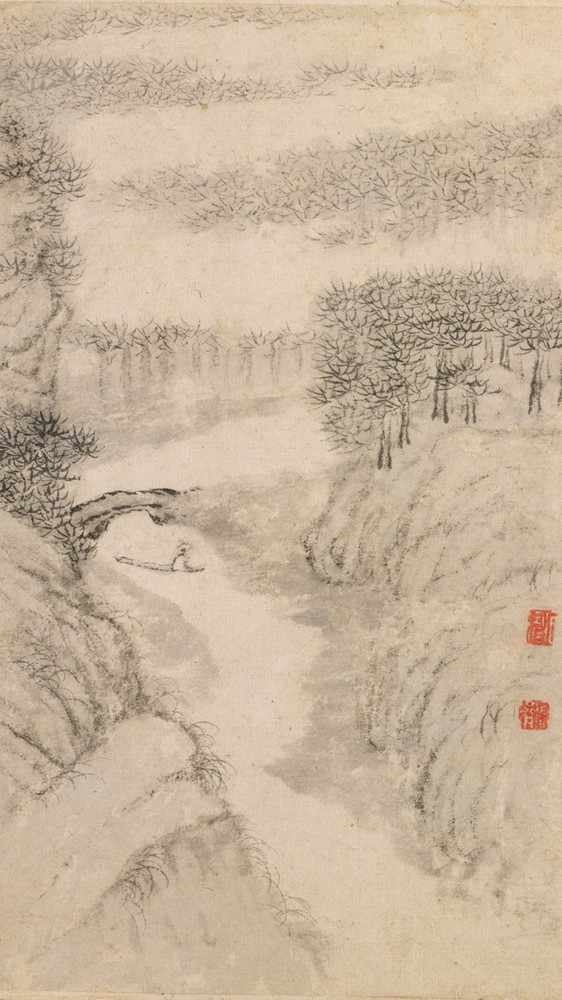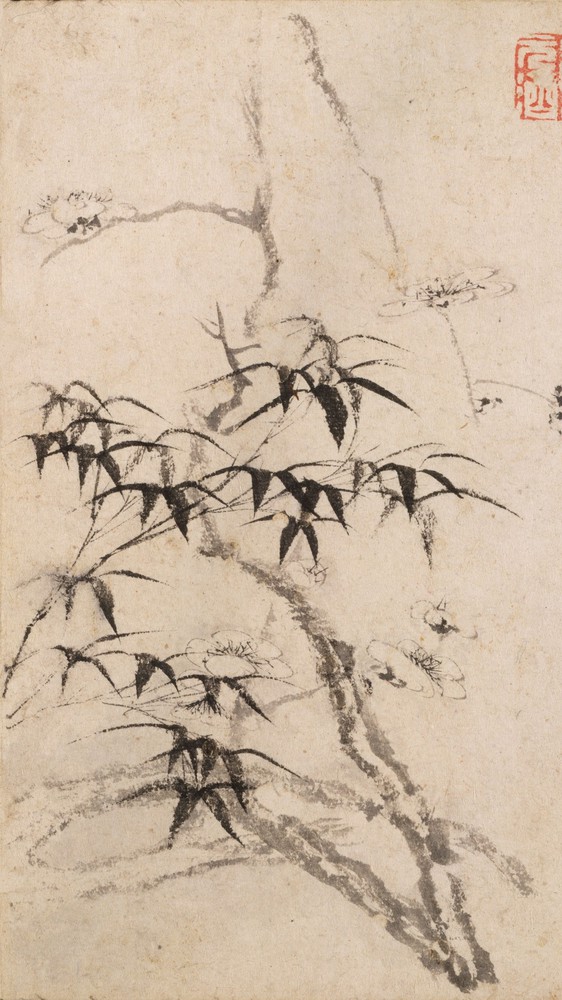What’s on our Wall
A Work of Three Perfections
On Shitao's "Returning Home"
You know that feeling when a snippet of music stops you in your tracks for the memory or emotion it elicits? Or how a smell can suddenly transport you back to a precise moment in time or conjure the impression of an earlier era? I had a similar reaction to this delicate painting—an immediate sense of overwhelming loneliness, the kind I’ve experienced occasionally since childhood. The kind that prompts the existential questions that seem to simultaneously fuel and stifle our collective progress.
I was not, therefore, surprised to find that it was painted by a Buddhist monk—a man who had, at the time, spent more than 40 years in contemplation and who was going through a period of personal upheaval and disillusionment. The man was Shitao, and in the early 1690s, after many years of wandering around China, as well as a recent, unhappy stay in Beijing, he was “returning home” to Yangzhou.

The painting is one in a series of 12, each paired with a poem written in a calligraphic style to suit the tone and style of the image and each offering an impression of the unfolding journey.
This format—a classic Chinese album—was designed to unite calligraphy, poetry, and painting (a so-called “work of three perfections”). But Shitao, known for his independent style and bold artistic spirit, goes one step further, using a different calligraphic style for every painting in the album. He also plays with perspective, zooming from expansive landscapes in one image to extreme close-ups of petals and leaves in the next.
It’s hard to not to think of the man drifting through this misty landscape as anyone other than the painter himself—alone in his skiff and framed by a series of solid mountain peaks that break through the clouds, he seems small, vulnerable, and desolate. Where is his home? What will greet him when he arrives?
In his poetry, Shitao, in part, answers the questions his imagery suggests, and in the final leaf of the album, there is the faint sense of resolution. The narrator is painting flowers by a window, perhaps in the home he was returning to:
“Oh narcissus and plum blossoms, you are enjoyed together by us / In the wintry months, the two of you compete for glory / On a warm day by a bright window, I hold my brush / How my quiet thoughts wander—beyond the boundless shores.”




